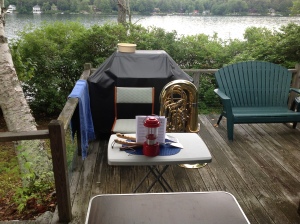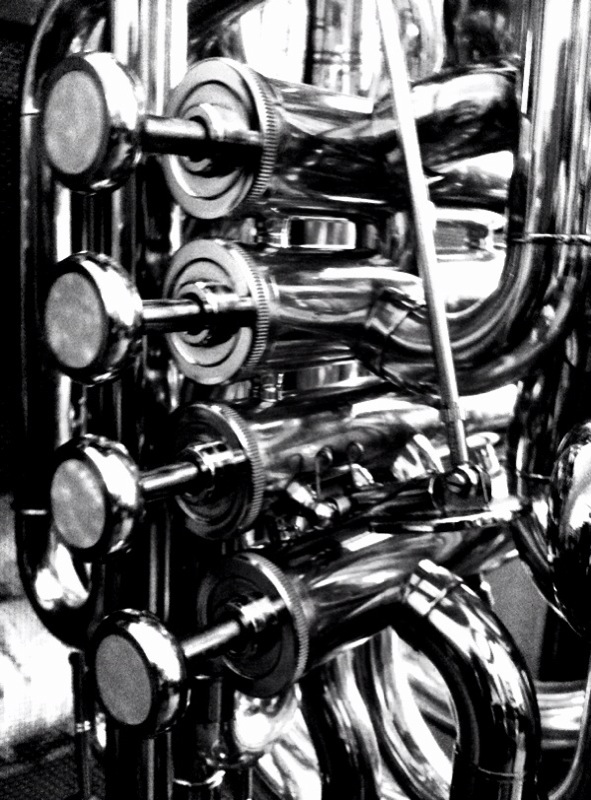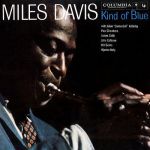Excellent Definition of Technique by a Master
Andrew Hitz
"Technique is the ability to control your sound on any given note, at any given dynamic, 100% of the time." - Charles Lazarus
Considering the tone that comes out of the end of Charles Lazarus' bell, it is not surprising that he nails this directly on the head.
The most important thing to do when working on your high register: play with your most beautiful sound possible. The most important thing to do when working on your multiple tonguing: play with your most beautiful sound possible. The most important thing to do when working on extreme dynamics: play with your most beautiful sound possible.
I think you get the point. If you want to play the trumpet like Charles does (or any other instrument), this is some of the best advice you will ever receive.
---------
This quote is from Charles Lazarus' master class at the National Trumpet Competition this past March. I will be posting a full list of quotes from his excellent class later this week. It was one of the best I've attended in a long time.





